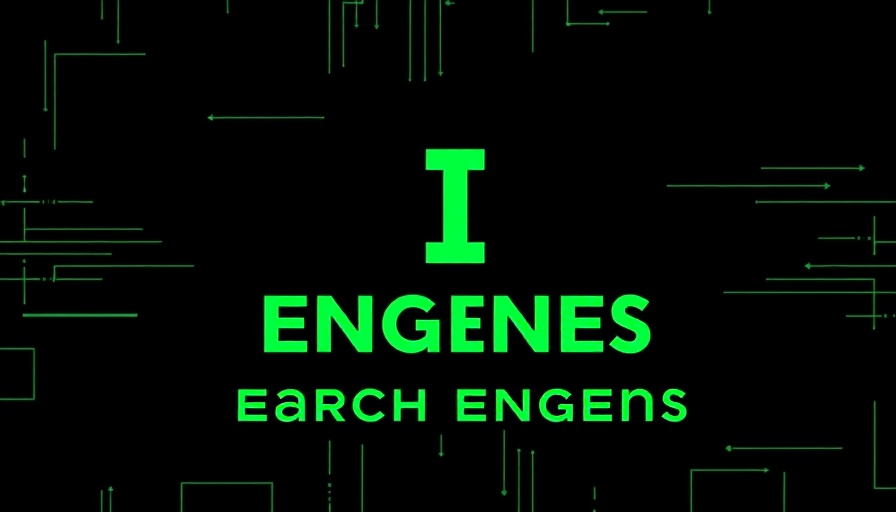
Google’s Evolution and Contested Terrain
As we step into a new era defined by swift technological advancements, the age-old dominance of Google as the preeminent search engine is increasingly being challenged. Since its inception, Google has stood unassailable, generating vast amounts of organic traffic globally. However, recent shifts in user behavior and technological innovations are beginning to alter the search landscape irrevocably.
AI Search Engines: A New Paradigm
The emergence of AI-driven search engines such as ChatGPT and Perplexity marks a significant departure from traditional search methodologies. No longer are users simply typing queries and browsing through a list of results. These AI platforms mimic conversational interactions, allowing users to engage in a dialogue-like search experience. This paradigm shift has undoubtedly influenced traffic patterns across various online platforms starting in 2024.
Insights from the Latest Traffic Analysis
In analyzing the traffic trends for 2024, noteworthy data emerges that necessitates serious consideration from marketers and business owners alike. Google's stronghold, while still robust—at generating 94.80% of global organic traffic—has seen a slight decline of 0.91% over the year. Meanwhile, Bing and other alternatives have seen modest growth in market share, with Bing now responsible for 3.51% of organic traffic, up by 0.17%.
Google vs. AI-Powered Searches: Who's Winning?
What’s particularly compelling is the nascent emergence of AI search engines. While they currently account for less than 1% of referral traffic, both ChatGPT and Perplexity have shown steady increments—0.09% and 0.02%, respectively—indicative of a growing interest among users to leverage AI capabilities in their search activities. This trend invites marketers to rethink their strategies when it comes to optimizing for search engines.
Regional Variance in Search Engine Preferences
Delving deeper, we find that geographical nuances greatly impact search engine performance. In the US and UK, Google maintains a powerful presence, capturing an impressive 91.03% and 93.53% of organic traffic, respectively. However, as attention shifts towards AI-supported alternatives, marketers must consider adapting their strategies to remain competitive, especially in regions with lower adoption of AI and emerging search frameworks.
Looking Ahead: Future Predictions
The data clearly shows turf wars are on the horizon while users begin to adopt innovative forms of search. With AI-powered engines maturing, it's plausible we may see a tipping point in user preference where tailored AI experiences become more appealing over traditional search results. Additionally, ongoing advancements in AI technology promise to further enhance search experience by providing more accurate, relevant, and personalized information.
The Takeaway for Marketers and Business Owners
The evolution of search engines is noteworthy, and its ramifications ripple through the landscape of online marketing. Understanding this shift is essential for small business owners and marketers alike who seek to optimize their brand's visibility. Creating content that caters to both AI-powered searches and traditional SEO practices can be a crucial delivery mechanism to attract varied audience segments.
To stake your claim in this changing environment, consider investing in AI tools, supplements to your marketing efforts, and exploring unique approaches to audience engagement. Given that the digital landscape is in a state of flux, adaptability will become your most valuable asset in ensuring your business remains top of mind among consumers.
 Add Row
Add Row  Add
Add 




Write A Comment